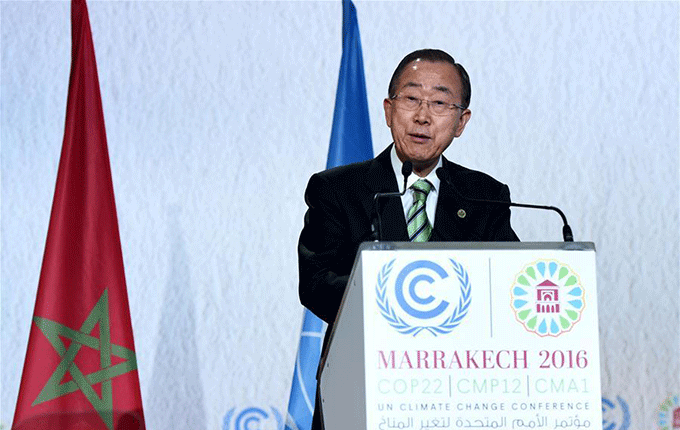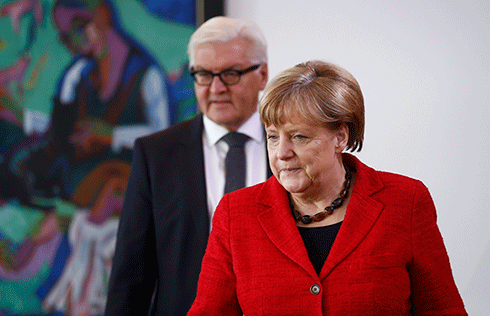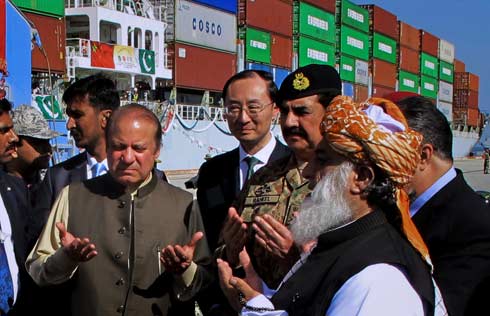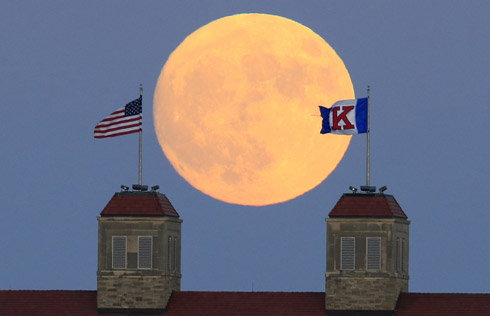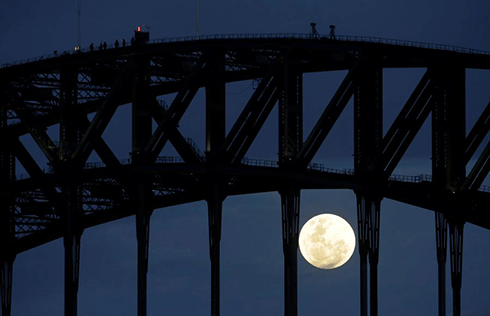Britain to Scotland: lose global clout if you exit UK
LONDON - The British government on Monday intensified its campaign to stop Scotland leaving the United Kingdom, publishing a legal opinion suggesting it would forfeit its membership of international bodies such as the European Union if it chose independence.
The pro-independence Scottish National Party (SNP) that runs Scotland's devolved government plans to hold a referendum on the politically sensitive and emotionally charged subject next year, and has played down the impact of a "Yes" vote on Scotland's international status.
But the 57-page legal opinion - drafted for the British government by two leading independent experts on international law - said the implications could be far-reaching.
The overwhelming weight of international precedent suggested Scotland would be legally deemed a "new state", it said - a scenario that would force it to re-apply to join international bodies such as the EU, the United Nations and NATO.
"If Scotland became independent, only the 'remainder of the UK' would automatically continue to exercise the same rights, obligations and powers under international law as the UK currently does, and would not have to re-negotiate existing treaties or re-apply for membership of international organisations," the government said.
Its unusual decision to publish such an opinion reflects its concern that Scots may vote for independence, triggering the break-up of a United Kingdom comprising England, Scotland, Wales and Northern Ireland.
Prime Minister David Cameron intervened in the debate on Sunday, conceding that Scotland had what it takes to be an independent nation, but arguing it enjoyed "the best of both worlds" as part of the UK.
"Put simply: Britain works. Britain works well. Why break it?" he wrote in an article published in Scottish newspapers.
Cameron's political future and historic legacy are on the line. He has pledged to contest the next British general election in 2015 and his own Conservative party would never forgive him if he presided over the break-up of the UK.
Joint Campaign
London's main parties are campaigning jointly against independence, knowing that Alex Salmond's SNP is an astute and highly motivated political machine that will spare no effort to win a vote on its flagship policy.
Tapping into an emotive cocktail of historical rivalry, opposing political tastes, and a perception that the British parliament in London does not nurture Scotland's national interests, the "Yes Scotland" campaign wants independence to be a reality by 2016.
Scottish secession could create serious problems for the remainder of the United Kingdom.
Britain's Trident nuclear submarine fleet is based in Scotland, revenues from Scottish North Sea oil remain important to its coffers, and analysts say Britain would find it harder to maintain its voice in international bodies such as the UN Security Council as well as in European Union decision-making.
The SNP published a document this month suggesting the transition arrangements could be made within 16 months, and that Independence Day for Scotland could come in March 2016, a timetable opponents dismissed as unrealistic.
Nicola Sturgeon, the SNP's deputy leader, accused Cameron of making negative attacks in contrast to her own party's positive campaign. An SNP-backed working group is due to publish proposals on Monday setting out economic reform options for an independent Scotland.
Opinion polls suggest support for independence has stalled with around one third or less of voters backing it and just under half opposing it. But Cameron and politicians from other parties remain nervous.
One of the central planks of Cameron's argument is that Scotland already enjoys a high degree of autonomy through its own parliament, and he has hinted that it would be able to repatriate even more powers if it rejected full independence.
"We want you to scrutinise, challenge and form your own opinion. This must not be a leap in the dark, but a decision made in the light of day," he told Scots.






